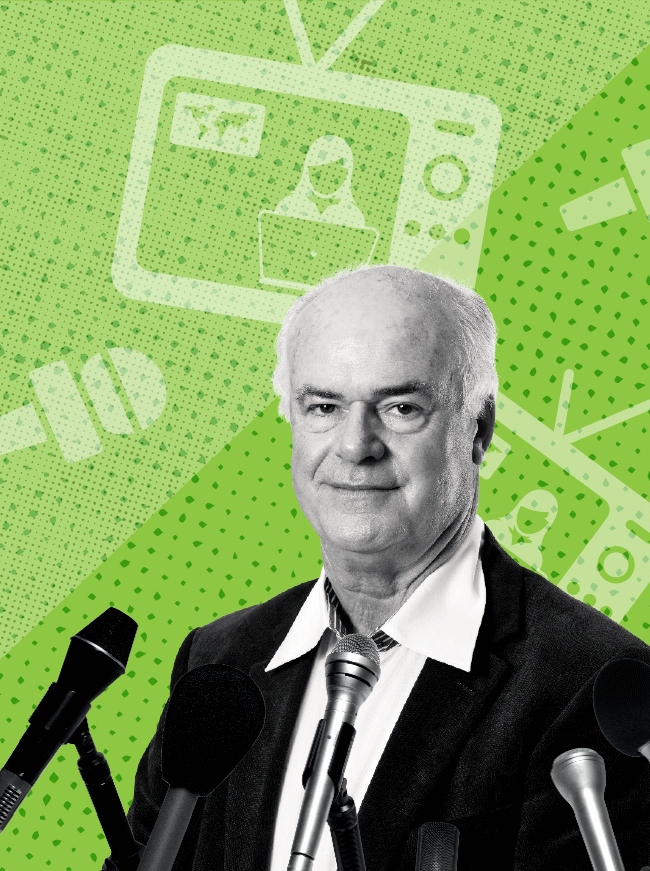There is a glass plate placed in the stone cobbles in a square, Bebelplatz, bounded by the Unter den Linden, the reconstructed opera house and old library of the Humboldt University, in the central area of the Mitte district of what was formerly part of East Berlin.
Beneath this window you will see a cellar containing bookshelves. The shelves, which could hold about 20 000 books, are deliberately and poignantly empty. They are empty because it is a memorial to the Nazi book-burning ritual on the evening of 10 May 1933 throughout Germany. That night there was a special ceremony in the square, then called Opernplatz – attended by senior Nazis, including Propaganda Minister Joseph Goebbels – where the books written mainly by Jewish and communist authors were burned.
Among the works burned were those written by journalist, essayist and romantic poet Christian Johann Heinrich Heine who incidentally was also a cousin of Karl Marx. Engraved on a plaque at the memorial now in the square are the fateful words, written by Heine: ‘That was but a prelude; where they burn books, they will ultimately burn people as well.’ Little could Heine have imagined what would happen only a few years later during World War II. A fundamental part of freedom of speech is the freedom to report facts or write opinions whether as a matter of record, comment or even in a satirical form.
Preventing publication, whether by symbolic burning or banning, is an attack on free speech. It is timely to recall what Heine wrote in his play, when editors and commentators have their homes besieged and are threatened by questionable people claiming to represent the interests of the disadvantaged.
It is not the first time that SA has witnessed such action. In the 1970s, the National Party government launched a war against mainly the English-language press. In an attempt to bring its critics to heel, the government used censorship, the threat of censorship, the banning of books and publications, the detention and torture of journalists (some of whom disappeared) and the expulsion of foreign journalists. The censorship ranged from the absurd, such as banning the publication of pictures and magazines showing naked white breasts (black breasts were acceptable) through to the critical, such as the banning of reports on factual events and political comment.
Among the government’s more notorious assaults on free speech was the banning of the newspaper, the World, in 1974 and the persecution and detention of its editor, Percy Qoboza. Much of the action taken against journalists was based on their reporting of facts that were provable but that also showed the then government in a bad light. Among the more nasty, petty acts was the way the security police pursued Masana Sam Nzima, the World photojournalist, whose ‘crime’ against apartheid was to take the iconic photograph of a dying Hector Pieterson, shot by the police on the first day of the student uprising on 16 June 1976, being carried in the arms of another student.
More insidious was the manipulation of news and comment by way of controlling the airwaves (read SABC) and the disgraceful secret establishment of an English-language newspaper, the Citizen, by the then Department of Information, in 1976.
This time around it isn’t about a corrupt political philosophy. It’s about pervasive corruption, and theft of state resources. It might not be state structured, but it definitely is state involved. The ‘burning’ has started and those people disadvantaged by apartheid will be disadvantaged yet again. There is much evidence of officials and individuals being physically attacked and threatened because they have wanted to halt or expose corruption. There have also been attacks on many brave journalists, whose ultimate concern is the truth – not fake news, a now common pejorative used to dismiss the truth or critics.
What is amazing is that the corrupt seem to believe their own nonsense from blatant denials through to their condemnation of ‘monopoly capitalists’. It mirrors the senseless attempts of the National Party government to censor the fact that South African troops invaded Angola in 1975, when the information was freely available from other sources.
The problem is that it is not simply about free speech. The consequence for the economy, both then and now, was and is for all to see. By 1990 the National Party came fairly close to wrecking the economy. This second assault has started to compound what still has not been fixed and could set back the fundamental and sustainable economic reforms required for the country, and all its citizens, to progress by many decades.









